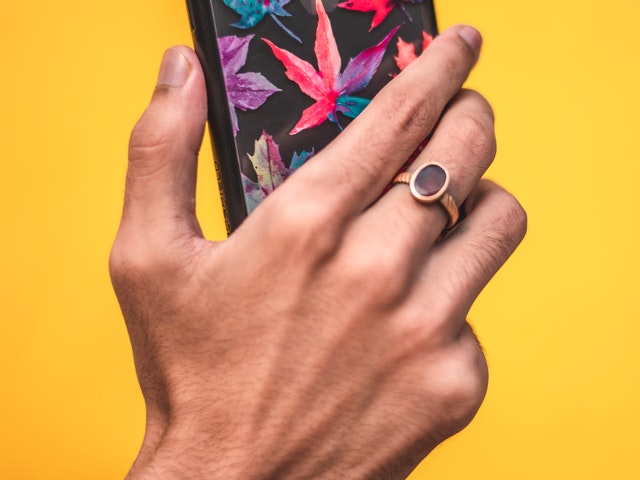Gender Fluidity - Everything You Need To Know
WHAT DOES IT MEAN TO BE GENDER FLUID?
Have you ever felt that you are neither a man nor a woman, or that you are a bit of both?
Or do you know someone who struggles to identify and doesn't conform to gender norms and expectations of what is conventionally male or female?
Maybe the word "gender fluid" is what you're looking for. In this blog post, we'll take a look at what gender bias means and answer a few questions to help you (or your friends) decide if this identity is right for you.
WHAT IS GENDER FLUIDITY?
There are many different ways to identify and express yourself with your gender, including as male, female, or anything in between.
According to the Human Rights Campaign, the definition of gender fluid is "a person who does not identify with a fixed gender or has a mobile or non-fixed gender identity." This means that a person's gender identity can change over time.
Is genderfluid the same as genderqueer, transgender, or non-binary?

Being non-binary (NB) means that you do not identify exclusively as male or female and therefore do not conform to the binary understanding of gender.
Similarly, gender-identifying people tend to view their gender identity as "weird" or outside conventional understandings of gender.
Meanwhile, people who have gender biases tend to understand their gender identity as something that is constantly changing.
Some days it's mostly male, some days it's mostly female, and other days it's neither gender nor a mix of both.
In most cases, the common term is Gender Mismatch or NB. However, it should be noted that not all genderless or NB people believe that their gender is changing and therefore may not identify with gender mobility.
Other similar genres that fall under the NB umbrella are:
sexual flow
gender difference
neutral
larger
agent
Pangender
for kids
half girl
If you're confused about why there are so many overlapping and sometimes conflicting terms, don't worry.
In an article by assistant psychologist Lou Hymes, he says that all of these terms come from his personal experience and that "there is no specific definition to use."
This means that the definition of gender fluid in relation to the definition of gender queer can vary from person to person. Its use in medicine and science is also relatively new.
But, as the article aptly says, there is beauty in this: "Everyone can interpret their differences and identify with whoever they talk to the most."
On the other hand, some NB people may identify as transgender or think they belong to the transgender group because nonbinary people often tend to share similar experiences with transgender people.
For example, some NB and transgender people experience physical dysphoria or feelings of discomfort in their bodies due to "gender inequality" at birth and self-identification.
To address this, they may opt for gender-specific measures such as hormone therapy, pronoun changes, and legal name changes.
However, it should be noted that not all waria self-identify as NB or gender. A trans person is a person whose gender does not match the sex they were born with.
Is gender mobility the same as sexual fluidity?

A sexually active person may be attracted to a different gender, such as bisexual, pansexual, or polysexual. But just because someone identifies as sexually fluid doesn't mean they identify as gender fluid and vice versa.
Because gender identity and sexual orientation are two completely different and independent aspects of one's own identity.
Gender identity should not correspond to a particular sexual orientation, nor should it be automatically assumed that men are only attracted to women or women.
Think of it this way: sexuality means being flexible with what you're attracted to. Gender fluidity means being flexible in how you view yourself on the gender spectrum.
HOW DO YOU KNOW IF YOU ARE THE LIQUID TYPE?
There are several ways to explore your gender identity and possible gender flexibility. Here are some examples:
Think about your relationship to your gender and your gender at birth. How will you identify yourself without the pressure of your parents, parents and peers?
Would you feel more comfortable with a fixed identity, regardless of whether it matched your gender at birth? Or do you see your gender as something that can change over time?
Find others who identify as NB or Gender Fluid or join an online LGBTQ2S community. Ask them if they are willing to share their experiences of dealing with their own identity and understanding their gender.
Be open about what you think their opinion is and don't be shy about asking for advice. In the



Comments
Post a Comment